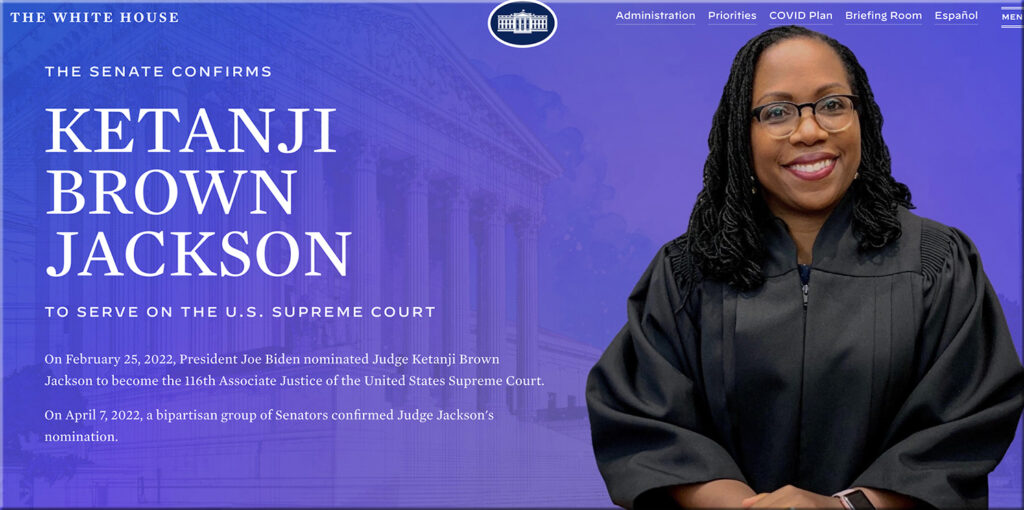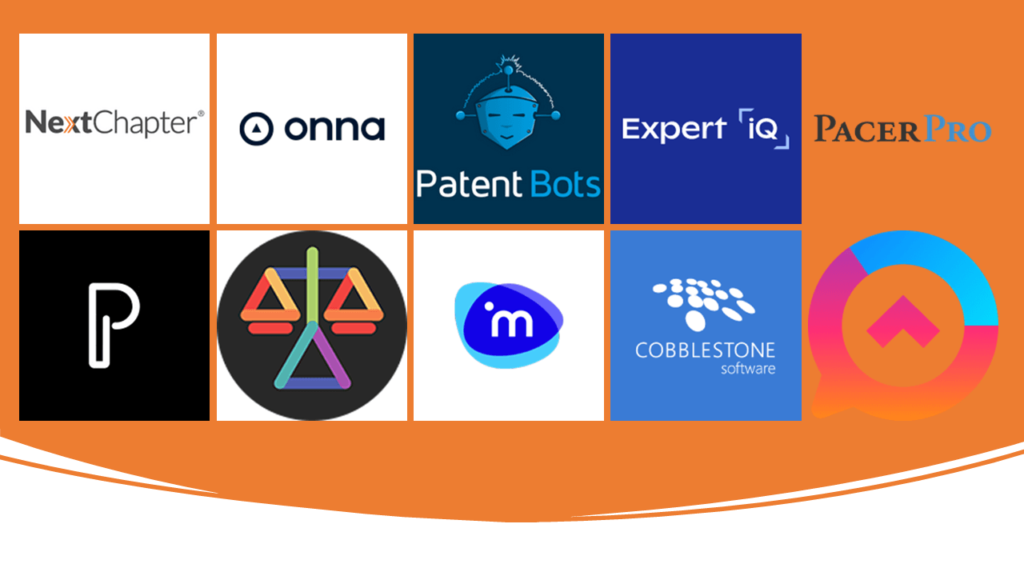What is Legal Tech, and How Is It Changing the Legal Industry? — from startup.info
Excerpt:
Legal technology is a branch of technological innovation that targets and affects the legal sector specifically. The considerable pace of new invention in tech sectors – bolstered by government investment in UK-based innovation and growth – has highlighted some avenues of innovation that could change the face of the legal profession, streamlining judicial processes and helping firms during discovery.
However, in concert with the rapid pace of new technology that benefits legal practise, the technology’s legal implications are also being raised. With a technological landscape that has far outstripped the remit of conventional law, demand for technology lawyers has increased to enable businesses and lawmakers to navigate new tech possibilities.
Four Important Technology Trends for Law Firms in 2022 — from jdsupra.com
Excerpt:
It is easy to say (two years now into the pandemic) that COVID-19 changed the legal profession forever. After a massive shift in 2020 and 2021 to working and conducting court proceedings remotely, with the help of many remote technologies, many legal professionals may wonder what lies ahead from a technology standpoint. After such a dramatic shift, are there even more disruptions to embrace?
The answer is yes! The world turns, technology keeps evolving, and so too will the legal services industry. Below are predictions of technology trends that will continue to be important in 2022 and help shape the industry in the years ahead.
With RemoteDepo™ by U.S. Legal Support, everyone can participate in a remote deposition and interact as if they were in the same conference room. With an internet connection and webcam-equipped device, you can communicate in realtime, observe witness body language and seamlessly facilitate questioning.

How Legal AI Technology Adoption Leads to Real-World Results — from jdsupra.com
Excerpt:
Contracting is just one area where in-house lawyers and legal ops professionals are seeing real-world results by implementing AI. As innovation continues to disrupt the legal tech world, AI is being introduced into nearly every aspect of practice and business. But now, AI has evolved beyond a buzzword to provide meaningful – and impactful – results.
Ironclad’s New Connect Tool ‘Cuts Contracting Time By 40% — from artificiallawyer.com
Excerpt:
CLM Ironclad has launched a new tool called Connect, which creates a centralised view of the contracting process for all parties and, they claim, can reduce contract completion times by over 40% – which is a lot whether you are a busy inhouser, or a law firmer on the billable hour.
The new capability allows you to store all communications about a deal in one place, ‘even attachments and months-long email threads’ and allows you to keep everyone involved in negotiating a contract ‘in the loop’.













